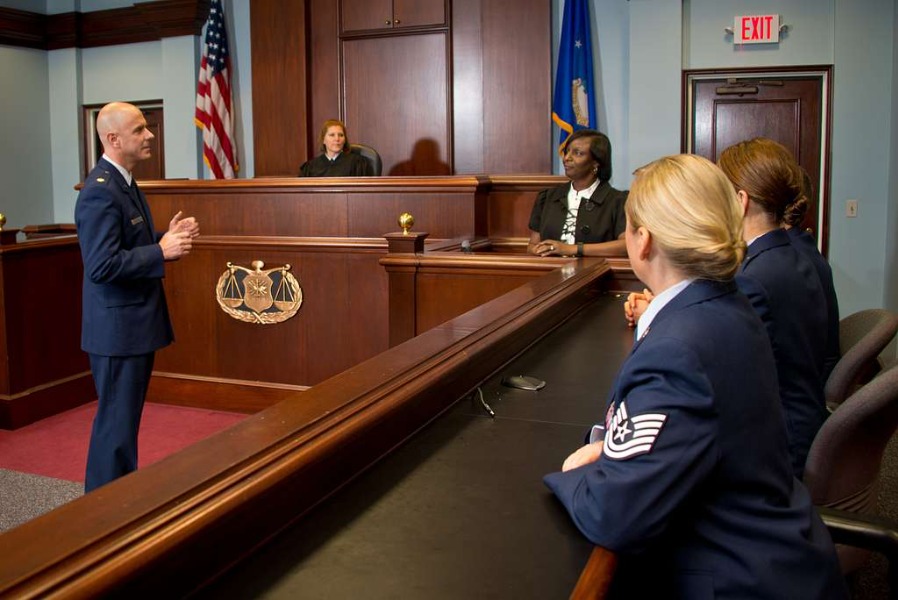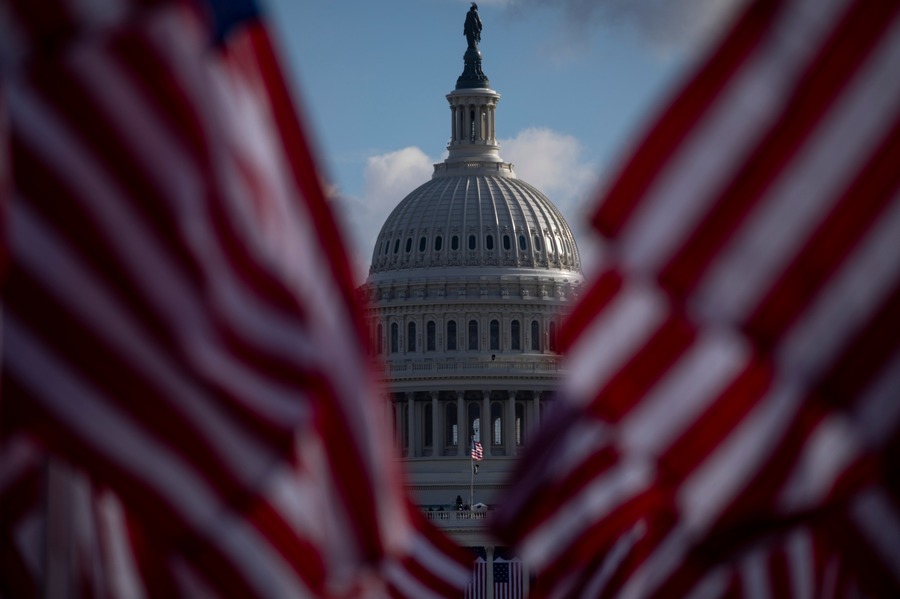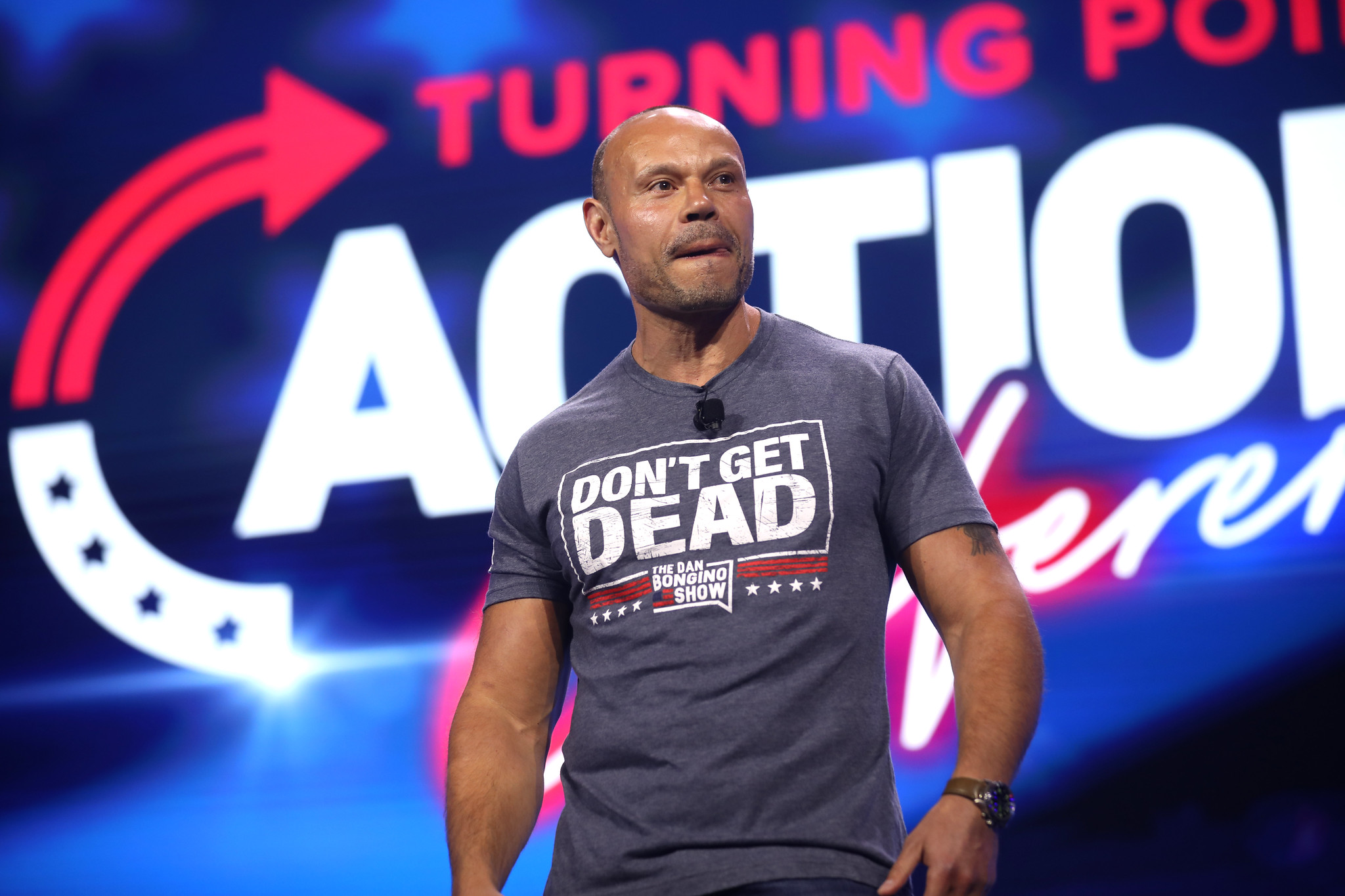Will the Supreme Court Consider the Risk of Trump’s Post-Ruling Tweets?
Professor Blackman has argued extensively that, under controlling Supreme Court precedent (specifically Kerry v. Din and Kleindienst v.
Published by The Lawfare Institute
in Cooperation With

Professor Blackman has argued extensively that, under controlling Supreme Court precedent (specifically Kerry v. Din and Kleindienst v. Mandel), it is inappropriate to look for anti-Muslim animus outside of “the four corners” of the travel ban executive order. He thinks the Supreme Court will not treat President Trump’s tweets as legally relevant “[i]f the Justices abide by those precedents.”
President Trump’s tweetstorm may make that a much bigger "if."
The issue is not merely, as both Professor Blackman and Professor Goldsmith note, that Trump’s tweets insult courts, suggest intra-executive tensions, call into question the national security justification for the ban, and frustrate his lawyers’ attempt not to use the word “ban."
The tweets also clarify the risks of extending Din and Mandel to this case. If the Court were to do so, Trump could just admit that the national security justification was pretext over Twitter—and there would be nothing any court could do about it. And he could do the same for any future travel bans he implemented.
This hypothetical is not all that crazy. Many reasonable people
Like it or not, the court may well consider the possibility that if it holds that “we won’t look beyond the text of the order” in IRAP, President Trump will later admit on Twitter that the order was mere pretext. If the government won in Trump v. IRAP, it is plausible the President might later say the travel ban was always about Muslims and his Justice Department’s filings were just “watered down [and] politically correct” (as he put it this morning). Given that the President distanced himself from Justice’s court filings in his tweetstorm, it is not clear what, if anything, his lawyers could say to reassure the Justices that the President wouldn’t do exactly that.
Perhaps the Justices will worry about threatening the President’s foreign affairs powers and stick with Din-Mandel. But in light of the possibility sketched above, any Justice on the fence might be looking with greater interest at Professor Lederman’s mootness argument or the lower courts’ narrower reading of precedent.





